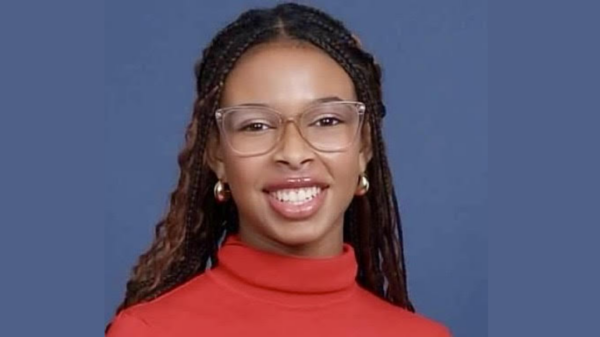Special to Texas Metro News
May is Mental Health Awareness Month. It’s an opportunity for us to reflect on the progress we’ve made in connecting more people to care and the challenges that still remain.
We are in the midst of a mental health crisis. Unfortunately, the burden is not shared equally. Black and Latino communities do not have the same access to quality, equitable, and culturally sensitive mental health services and supports as compared to other communities. The rates of suicide in both Black and Latino communities are high. Improving mental health outcomes in these communities is a deeply nuanced issue that requires urgent attention. For example, in my work as Acting Regional Director for Region 6, I’ve talked to countless people in our Black communities who have experienced anxiety, grief, and even depression during the COVID-19 pandemic because of isolation and loneliness. Unfortunately, stories like this are not uncommon.
Every year, around 50,000 Americans die by suicide. That’s one death every 11 minutes. And, we’re seeing an alarming rise in suicide rates among Black youth – between 2018 and 2021, suicide rates in this group increased by 36%, the most rapid increase of all racial and ethnic groups. Also troubling, only one in three Black adults who need mental health care receive it.
Closing equity gaps in mental health outcomes means addressing the driving forces of the disparities in our health care system – including enduring legacies of slavery and segregation, and mistrust of the medical system resulting from historical abuse and ongoing disproportionate outcomes. We have a lot of work ahead of us.
The U.S. Department of Health and Human Services administration is working hard to make sure that everyone who asks for or needs help can access it. We’re also taking action to do away with the stigma of asking for help so that those who need it feel embraced, rather than ostracized. Just last month, the Administration released the 2024 National Strategy for Suicide Prevention and the accompanying first-ever Federal Action Plan. The strategy addresses the realities of today’s world. The Action Plan outlines more than 200 actions federal partners have committed to, including increased support for those affected by suicide and identifying promising community-based suicide prevention strategies. We know that some communities are more at risk than others, and our National Strategy takes that into account.
All of this builds on the transformational work that we have driven to improve suicide prevention and crisis care and response efforts around suicide. That includes the launch of the 988 Suicide & Crisis Lifeline – one of the most effective programs to help people who feel alone and out of options. The service is available 24/7, free, and can be accessed through phone, text, and chat.
We can’t wait until people feel as if they have run out of options. HHS created a Black Youth Suicide Prevention Initiative to support the nation’s infrastructure to provide targeted suicide prevention programming for Black youth and young adults.
Last year, HHS announced awards of nearly $130 million to expand Certified Community Behavioral Health Clinics (CCBHCs) across the Country. As the HHS Acting Regional Director for Region 6, I’ve seen the commitment of various organizations, including the S.P.I.C.E Foundation and Helping Hands Community Support Services, to address the mental health needs of all Texans.
And, HHS is meeting children where they are with resources – at school. We’ve invested over $100 million in expanding and improving school-based health services in counties across the country, through Medicaid and CHIP.
The mental health challenges we’re facing are everywhere. But so are the solutions that HHS is making accessible. We have so much more to do, but there is hope. We are finally on the right path, addressing the root causes of the mental health crisis and the disparities in mental health outcomes for Black Americans.
(Bio) Julia Lothrop is the U.S. Department of Health and Human Services Acting Regional Director for Arkansas, Louisiana, New Mexico, Oklahoma, Texas, and 68 Federally Qualified Tribes. She has worked with the regional office for over 20 years.

You must be logged in to post a comment Login